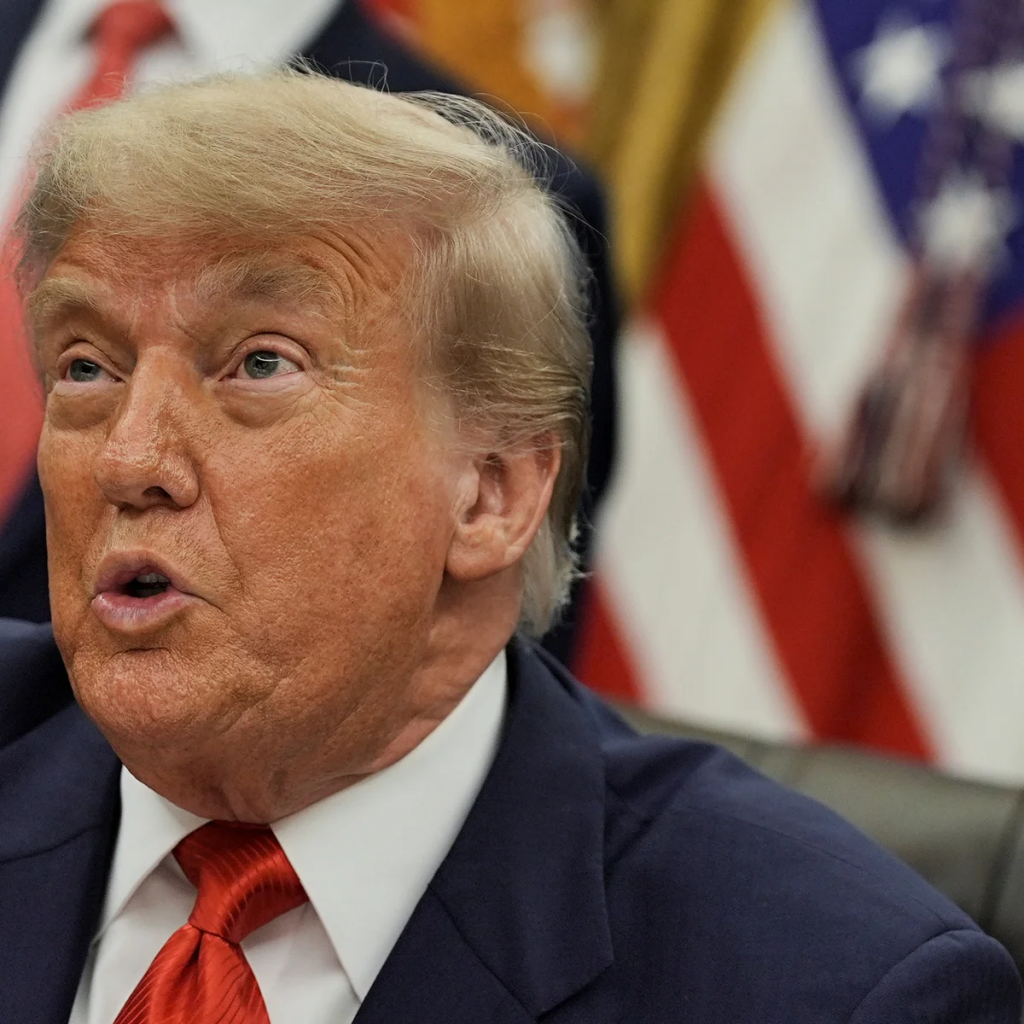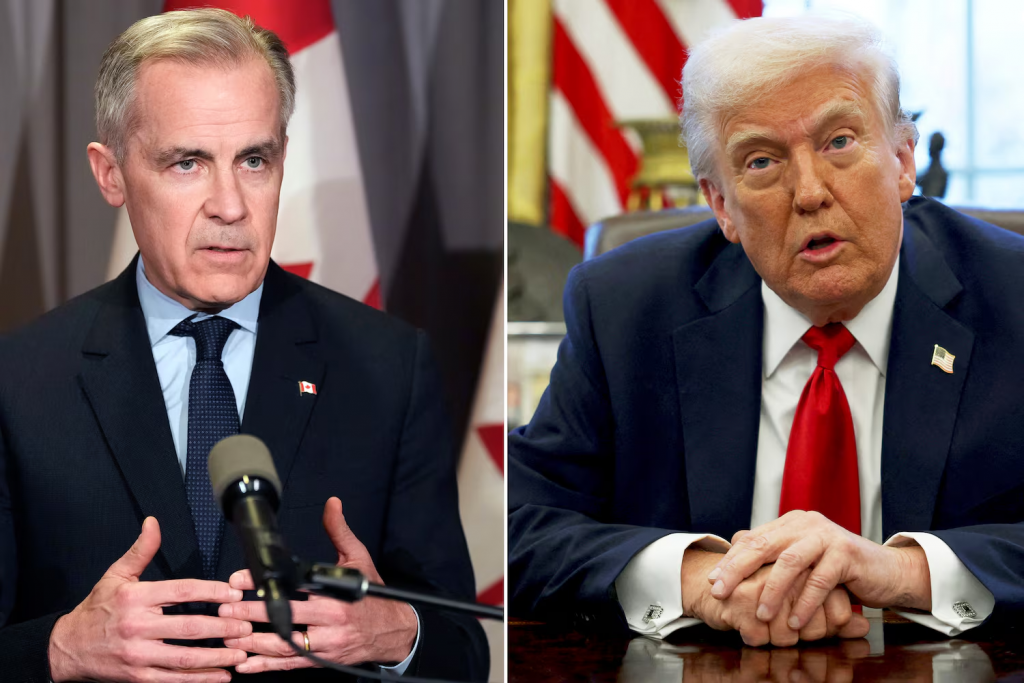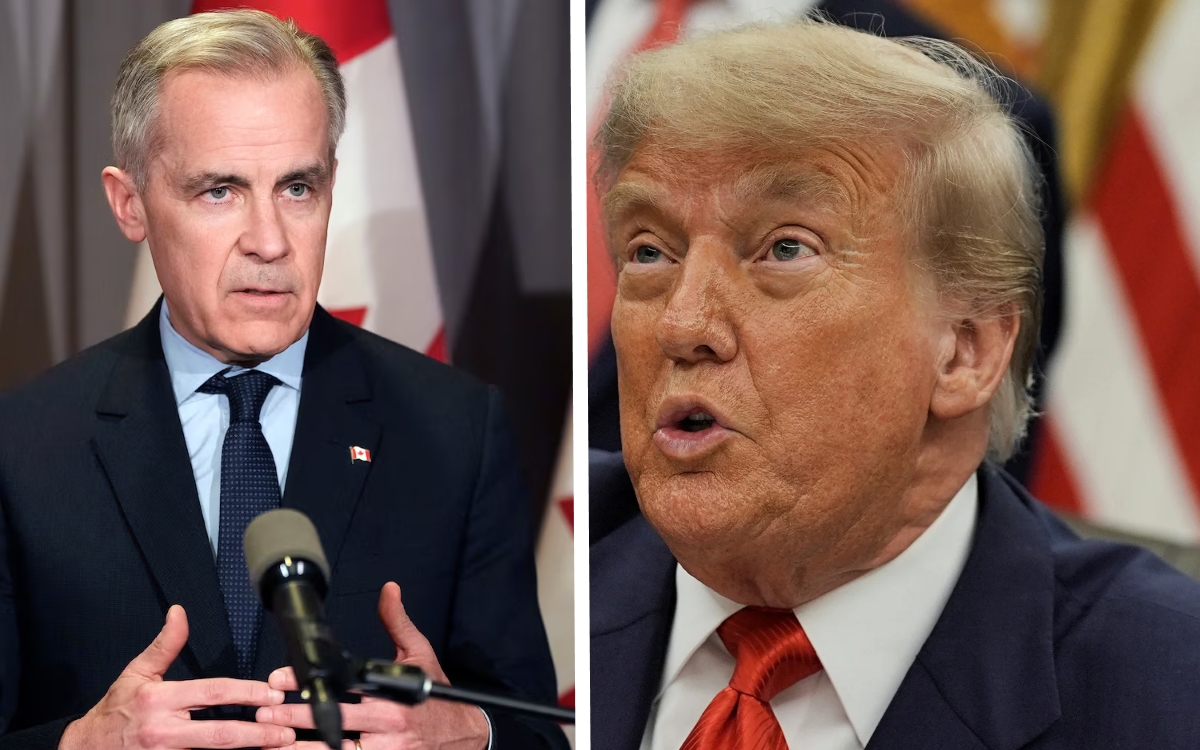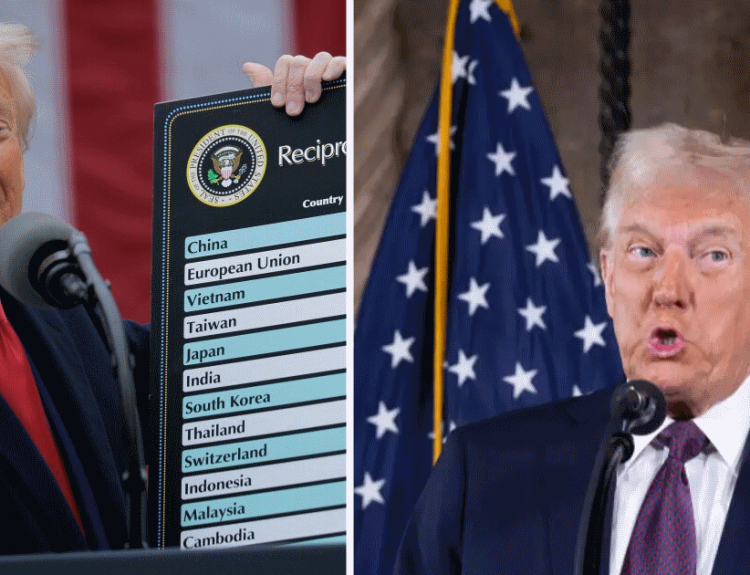When President Trump accused Canada of launching a “blatant attack” on U.S. steel and aluminum producers, Prime Minister Justin Trudeau didn’t hold back. In a pointed press conference Tuesday, Trudeau dismissed the charges as “reckless rhetoric” and underscored Canada’s right to defend its workers.
@JustinTrudeau “We will always stand up for Canadians—and we won’t be bullied by baseless accusations.” Tweet by Justin Trudeau
Trump’s latest salvo came during a rally in Ohio, where he lambasted Canadian tariffs on American-made goods as “economic warfare” and threatened further sanctions. His remarks, reported by Reuters, reignited a transborder trade dispute that has simmered since 2018.

“Let’s be clear: Canada acted in full compliance with World Trade Organization rules,” Trudeau told reporters in Ottawa. He pointed to a WTO ruling last year that upheld Canada’s countermeasures after U.S. steel tariffs were deemed illegal. “We will not apologize for protecting our industries.”
@WTO “WTO panel confirms Canada’s right to impose countermeasures following U.S. steel and aluminum tariffs.” Tweet by WTO
Economists warn that escalating tit-for-tat duties could slow growth on both sides of the border. A recent report from the Brookings Institution estimates that each 10% increase in tariffs reduces bilateral trade by up to 15%. “Consumers ultimately bear the cost,” senior fellow David Berger wrote.
Trudeau countered those concerns by highlighting Canada’s diversified economy. “Our manufacturers, our auto plants, our technology sector remain competitive,” he said. He also noted that many U.S. companies, including Ford and Tesla, rely on Canadian supply chains to meet North American demand.
@Forbes “Canada’s auto sector weathers tariffs—cross-border supply chains remain resilient, analysts say.” Tweet by Forbes
The prime minister didn’t spare his own jabs. “If President Trump wants to pick a fight, he’ll find we’re more than ready,” Trudeau quipped, earning laughter from the press corps. His stiff tone contrasts sharply with the conciliatory remarks he made during last month’s G7 summit in Japan, where he advocated for “open markets and multilateral solutions.”
On Capitol Hill, reactions were mixed. Senate Finance Chair Ron Wyden (D–OR) praised Canada’s stance, calling Trump’s rhetoric “unproductive.” In a statement to CNN, Wyden urged both governments to “return to negotiation rather than threats.”

@SenatorWyden “Trade disputes should be settled at the table, not on Twitter.” Tweet by Senator Wyden
Republican voices, however, backed Trump’s hard line. House Ways and Means Chair Jason Smith (R–MO) told Fox News that “America must protect its steelworkers; if Canada won’t cooperate, we need stronger measures.”
@RepJasonSmith “Canada’s duties harm U.S. jobs—our response must be firm.” Tweet by Rep. Smith
Meanwhile, business groups from both nations are calling for de-escalation. The U.S. Chamber of Commerce and Canada’s Business Council co-signed a letter urging leaders to “resolve this dispute swiftly to avoid collateral damage across multiple sectors.”
Global markets have already felt tremors. The Canadian dollar dipped 0.5% against the greenback, while U.S. steel futures climbed 2% on speculation of tighter supply. Bloomberg Markets analysts warn that volatility could persist if rhetoric intensifies.
As the dust-up drags on, public opinion remains split. A recent Pew Research survey found that 47% of Canadians and 52% of Americans support bilateral talks over tariffs, while roughly one-third on each side back reciprocal duties.
For now, Trudeau’s blunt rebuke signals Ottawa’s unwillingness to capitulate to threats. “We’ll keep fighting for Canadians,” he concluded, “just as America must fight for its people. Let’s get back to fair trade, not fearmongering.”






